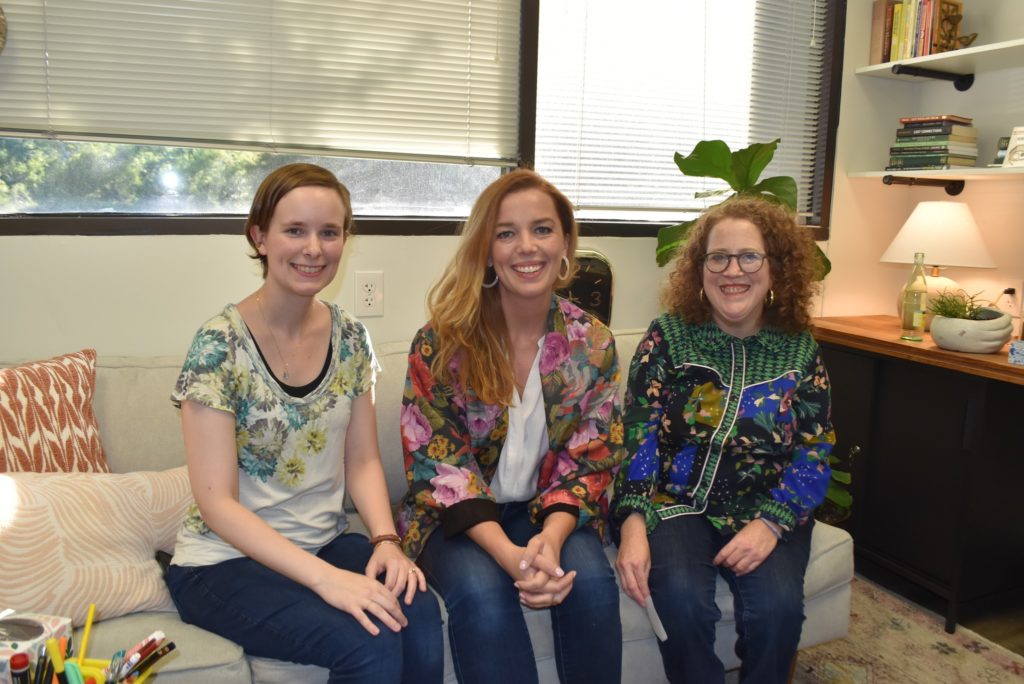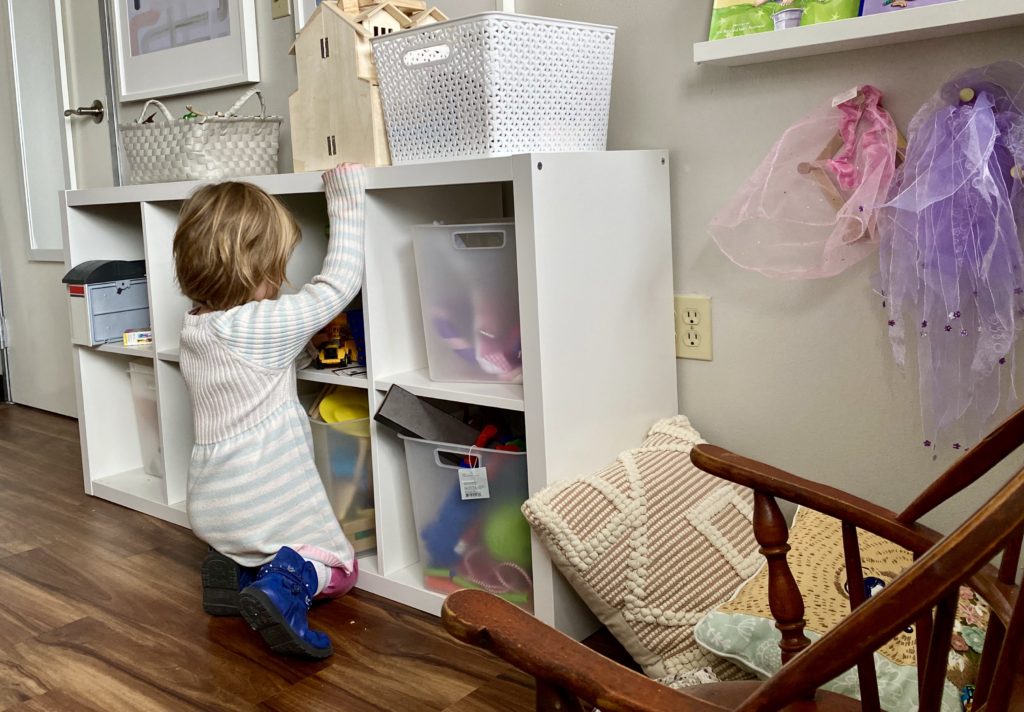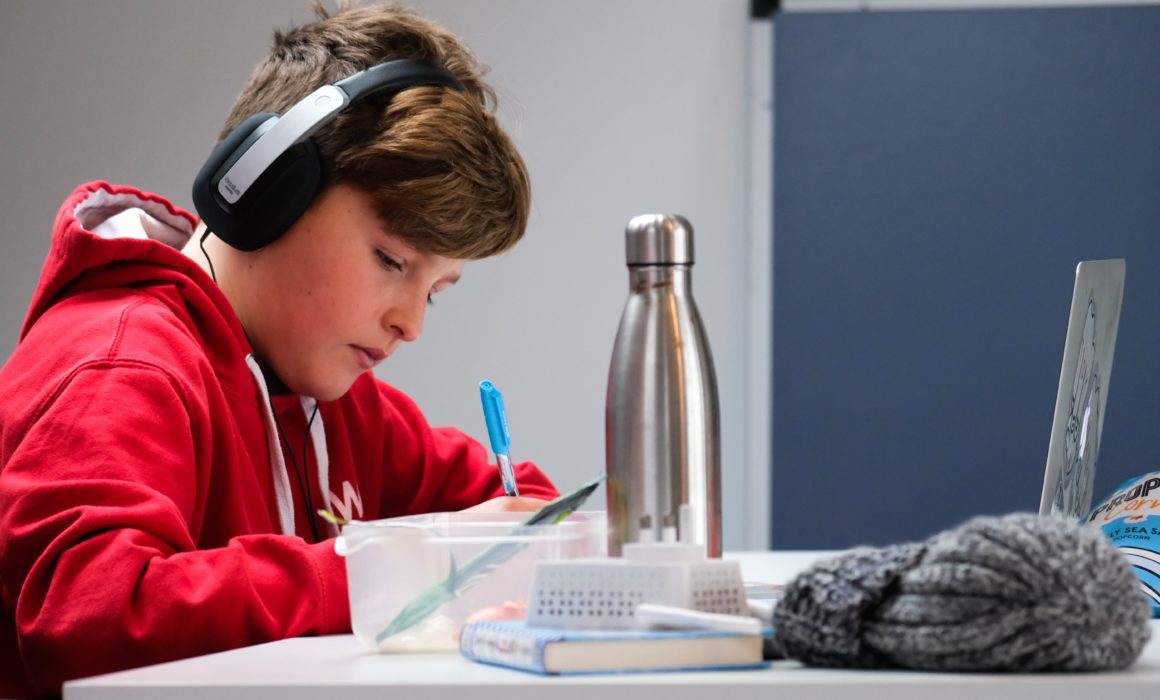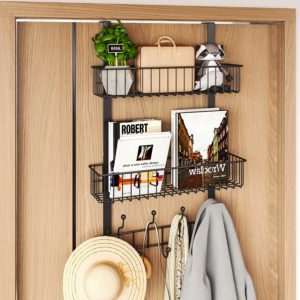Holistic ADHD treatment options
At East Dallas Therapy, we believe our clients have many solutions to their problems. In our practice, we’re in a unique position as family counselors to give you and your child the attention you need to provide an in-depth evaluation and ADHD assessment. After we provide an assessment, we coach parents on their communication and help kids learn to express, identify and regulate their emotions. As we often tell clients here there are many stops on the bus before we get to medication.
Check out some of these holistic aids for ADHD:

Occupational Therapy:
ADHD is a neurological difference and occupational therapy helps activate positive chemicals in the brain using physical exercise and cranial-sacral therapy. For our child clients, we have seen occupational therapy help with concentration, calming big emotions like anxiety and build their organization and planning skills. We highly recommend North Texas Therapy Innovations, a family OT clinic that has been active in this community for decades. Check out this article about occupational therapy for children with ADHD

Supplements:
Your child’s pediatrician or occupational therapist will be able to recommend which supplements may be appropriate and helpful. Like many differences in the body and brain, ADHD exists on a spectrum and different people struggle more profoundly with certain elements of ADHD (i.e. attention, planning, focus, emotional regulation, etc.). A doctor who knows your child’s specific needs can help you decide how to use supplements. Look at this article on the positive effects of supplements.

Get moving:
It is often hard for ADHD kids to remain still for long periods of time so if you know they’re going to have to sit through a long church service take them outside to move and play before going inside and have fidget toys available for them during this time.
It’s important to have family dinners. If your child struggles to stay in their seat, we recommend getting your child a yoga ball to sit on during dinner so they can move. When you introduce this to your child, talk about what is ok, and what is not ok with the ball.

ADHD can often lead to anxiety and shame. Sometimes a child can get stuck in that negative self-talk. In this case, your role as a parent is to teach them to regulate. Here are a few tools for regulating big emotions:
- have your child walk outside barefoot for at least 20 minutes
- sleep with a weighted blanket
- use a brown noise machine
- have your child write a letter to their worries and then tear up the letter or burn it (with parent supervision!).
If these and many other supports do not work, medication may be the answer for your child. We know that sometimes medication is the best support for families. We believe that you have so many tools in your toolbox as parents, and there is no shame in using medication as one of many ways to care for your child.
















